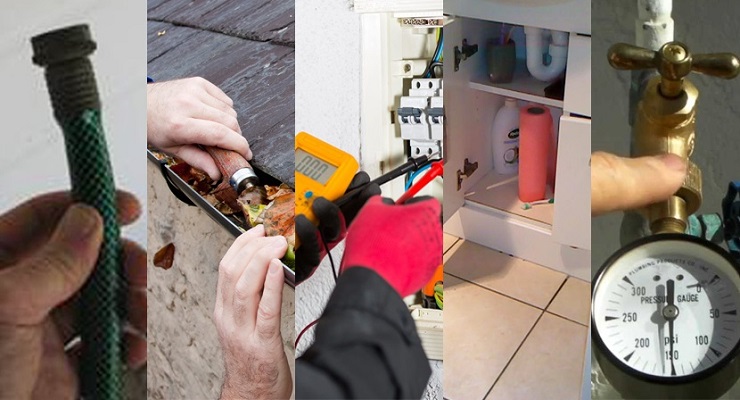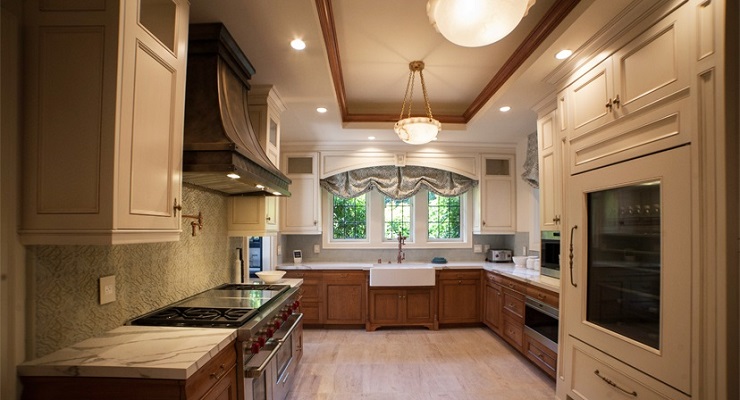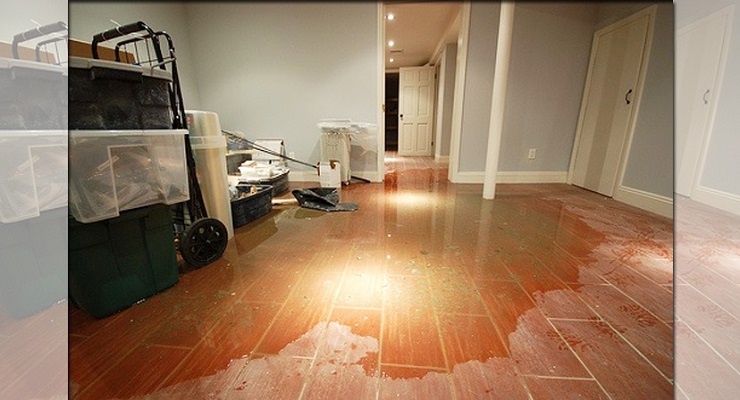[smartslider3 slider=3]
Garbage disposals seem like the ultimate convenience–drop your small food scraps, and other leftovers, being careful not to over pack down the drain, turn on the tap, flip a switch, and away they go. (Just a few not recommended are potato peels, celery, artichokes, egg shells) Problem is, when it comes to waste, whether it’s food or anything else, there is no “away.” Any waste that can’t be put back to use–either through reuse, recycling, or composting–becomes pollution that’s expensive to deal with and takes its toll on the environment.
Garbage disposals do keep food scraps out of landfills. That’s important because when materials like food, paper, or plant waste decompose in landfills, they produce methane, a greenhouse gas that is 23 times more potent than CO2.
Garbage disposals also increase the amount of grease that goes down the drain from fatty foods. A build-up of grease causes blockages in home plumbing and municipal sewer lines. It’s important to maintain your pipes to prevent build-up and backup.
Some cities discourage or prohibit garbage disposals for this reason. Garbage disposals also add extra volume to septic tanks. If you have a septic system, having a disposal may increase the size of the tank you need or require you to empty it more often.
For more information contact Keithley Plumbing at www.keithleyplumbing.com or by calling (626) 449-0387. They are located at 3579 E. Foothill Blvd #227, Pasadena.











